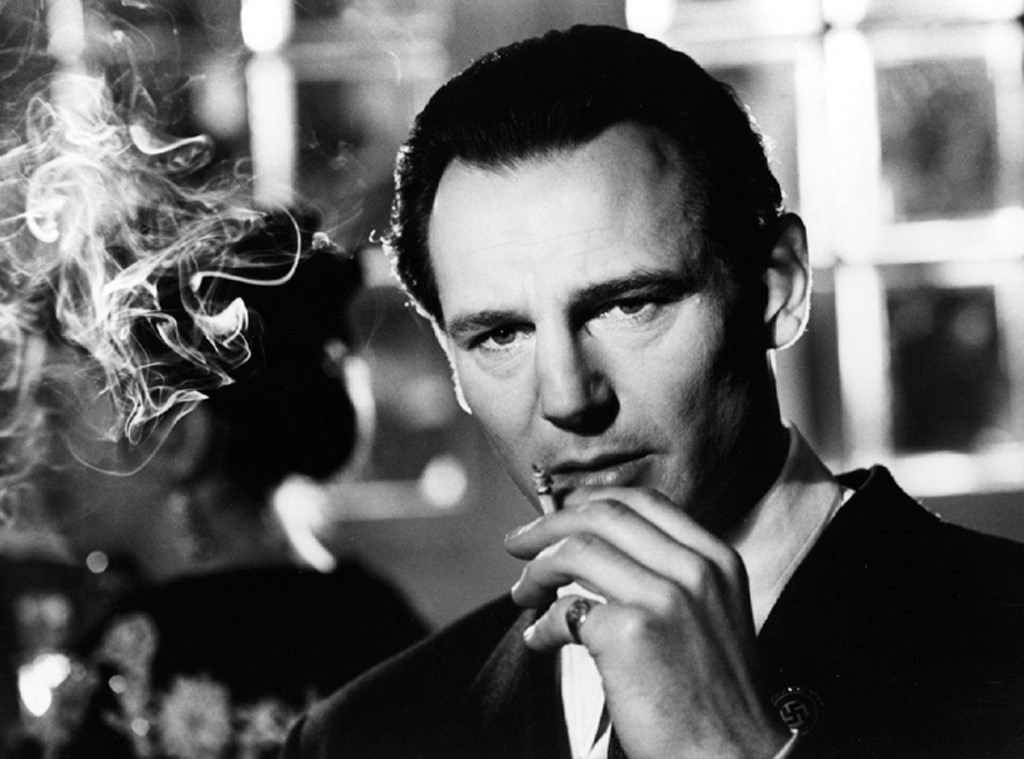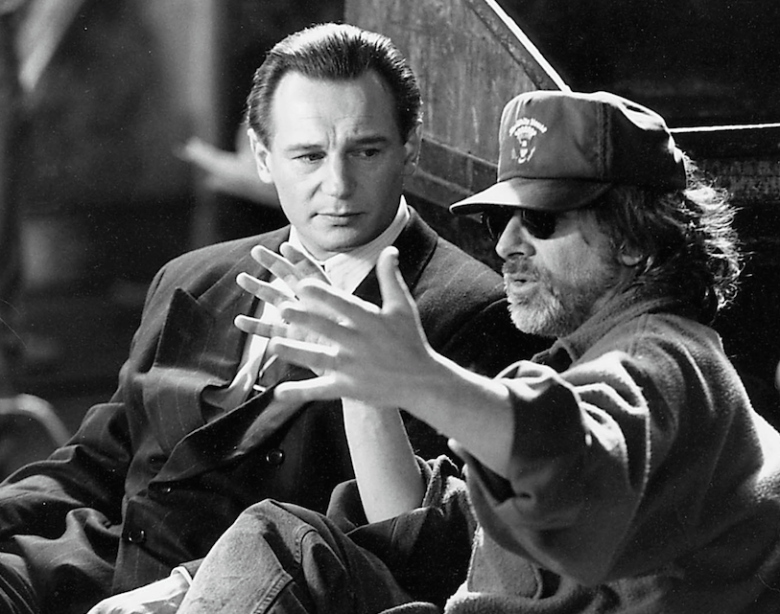By: James Roulston Mooney
EDITORS PREAMBLE:
In the first of a new series of articles on An Focal, writers will give their opinions and readings of classic films they’ve never seen before.
An Focal writer James Roulston Mooney sat down to watch a great film he had never seen before.
First up: The movie that finally won Spielberg his Oscar, 1993’s Schindler’s List.
“I could’ve got more.”
‘Schindler’s List’ has been on my radar for years, although I never got around to watching it. S
pielberg’s wartime masterpiece was always praised to the highest by those around me, but I never felt the compulsion to watch it.
Tonight, I did.
I sat on my couch and pressed play, knowing I was going to watch a great film.
I just didn’t know how good.
For 195 minutes, I stayed on my couch, only leaving it for food and drink – the bare necessities.
I wouldn’t have left it for anything else.
This film has everything it needs to be a competent film – the arc of the main character, the good character who inspires him, the bad character who pushes him away from what he once was, and the reason for his arc.
Then, you remember it happened.
All of it.

Businessman Oskar Schindler comes to Krakow in 1939 in the hopes of profiting off World War II, joining the Nazi Party, and hiring Jewish people for his factory.
He, of course, does all this for himself, not for the gain of others. He joins the Nazi Party for his profile and knows hiring Jewish people will be far more efficient for business than hiring Poles.
He sees this as the perfect opportunity to make a fortune.
A man profiting off a war, how lovely.
After encountering a Jewish lady who begs for work and calls his factory a haven for her people, Schindler realises that he is saving lives and begins to question his moral compass.
The scale of Schindler’s transformation is one to behold.
The acting, chiefly Liam Neeson as Schindler and Ralph Fiennes as Amon Göth, the man whose actions help Schindler realise the importance of his factory, is instrumental to the telling of this story.
If it wasn’t for these performances, the film might not have told its emotional story as well as it could have.
What makes this story such a fantastic one to tell is the humanity of it. Schindler was no superhuman, not even a wartime Steve Jobs.
He had many businesses that failed before and after his wartime enamelware factory.
He was charismatic but selfish and looked at everything, seeing only his outcome.
Without what he did, no one would even care about him.
Saving over 1,000 people, however…. that’s what makes him so brilliant.
Schindler gave the world a silver lining from the war with what he did, with massive help from his assistant Itzhak Stern, who, initially, would give him the names of the people he released.
‘Schindler’s List,’ being a film about the Holocaust, is, of course, very emotional.
I rarely cry, a rather odd trait to have, and I didn’t cry when watching this.
But I know when I feel emotion, and I could feel immense despair in a number of scenes, including the incineration scene – what I see as Schindler’s pivotal moment.
The harrowing reality of each scene involving a concentration invokes a sense of horror inside you – you will be horrified, and if you are sensitive, distraught when you see the treatment of Jews by the Nazis.
I was shocked throughout.

The red girl is such a significant character for such a small role.
Only in two scenes, she stood out to Schindler in both, with Schindler recognising her in that heart-breaking incineration scene.
What hit home the most, however, was Schindler’s final scene in the movie.
When it’s announced that the war will end, Schindler informs the Jews he brought to Brünnlitz that he must flee as he is a member of the Nazi Party.
Before he escapes, Itzhak gives him a letter, that explains what he did in case he were to be captured, signed by everyone he saved.
Schindler turns emotional, thankful, but also depressed, lamenting at what opportunities he missed to save more lives. This moment of humanity completes Schindler’s journey.
A common criticism of Spielberg’s films is that he plays on viewers emotions too much.
It totally works here.
From being a businessman who only looked for personal gain at the film’s opening to being overcome with emotion with the thought that he didn’t do enough, even after using the fortune he built up to save 1,000 people.
Everyone should experience this film.
You might only watch it once, but it will never leave you.
It sounds like a brilliant piece of fiction, but it’s not. It’s a brilliant piece of humanity.
![]()


